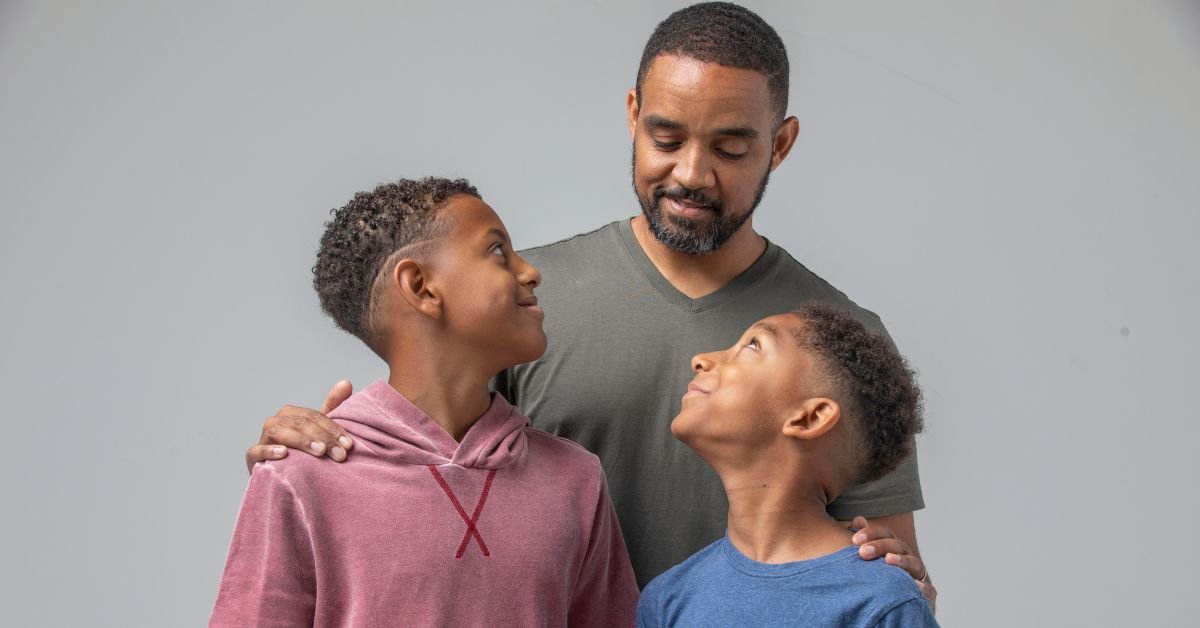Table Of Contents
School Drama Simplified: Practical Steps To Navigate Challenges
Drama is an inevitable part of school life.
Whether gossip, misunderstandings, or conflicts, these situations often test your patience and emotional resilience.
However, by following the right strategies, you can confidently navigate school drama, maintain meaningful friendships, and focus on your growth.
Here is how to manage and prevent drama while staying true to yourself.
1. Standing Up For Yourself With Confidence
When drama strikes, standing your ground without escalating the situation is essential.
Here is how to do it:
- Deflect with Humor: Humor is a powerful tool for disarming bullies and defusing tension. For example, if someone spreads a ridiculous rumor, laugh it off by saying, “That is hilarious! I wish my life were that exciting!” This approach shows others you are unbothered and not an easy target.
- Confront the Issue Directly: Address the person spreading drama calmly and respectfully. For instance, say, “Hey, I heard you have been saying this about me. Can we talk about it?” A direct conversation often clears misunderstandings and discourages further gossip.
- Use “I” Statements: Express your feelings without assigning blame. Statements like, “I feel hurt when I hear false rumors about me,” keep the focus on your emotions, making it harder for others to argue or retaliate.
Pro Tip: Confidence is critical. When you stand up for yourself calmly and assertively, people are less likely to target you in the future.
2. Reevaluating Friendships To Reduce Stress
Not all friendships are healthy.
Some relationships contribute to Stress and drama rather than support.
Take these steps to ensure your friendships are positive and uplifting:
- Identify Unhealthy Friendships: Reflect on how your friends make you feel. Are they supportive, or do they frequently gossip and create conflict? If certain friendships feel more draining than uplifting, it may be time to reconsider their role in your life.
- Limit Time with Dramatic Friends: If you value the friendship but dislike the drama, reduce your time with them. Plan specific activities like going to the movies or playing sports to avoid idle moments that might lead to gossip.
- Walk Away When Necessary: Sometimes, ending a friendship is the best option. Politely say, “I feel like this friendship is not healthy for me right now, and I need some space.” Prioritizing your mental well-being is not selfish—it is necessary.
Did You Know? Studies show that surrounding yourself with supportive friends can significantly lower Stress and improve academic performance. Choose your circle wisely!
3. Staying Out Of Drama Altogether
The best way to deal with drama is to avoid it in the first place.
Here is how to stay drama-free:
- Surround Yourself with Genuine Friends: Build friendships based on shared interests like sports, music, or hobbies. Authentic connections reduce the likelihood of gossip and conflict.
- Focus on Personal Growth: Dedicate your energy to schoolwork, extracurricular activities, and hobbies. When you are busy thriving, there is no time for unnecessary drama.
- Ignore Negative Opinions: Practice letting go of what others think. Remind yourself that their opinions do not define your worth. Affirmations like, “I am confident in my decisions and values,” can help build resilience.
- Be Mindful of Your Words: Only share personal matters with trusted friends to avoid misunderstandings or gossip. For example, avoid venting to someone you do not fully trust.
- Apologize for Your Role in Drama: If you have contributed to drama, own up to it. A simple apology like, “I am sorry for my part in what happened. I want to make things right,” can mend relationships and clear the air.
Real Talk: Staying out of drama does not mean isolating yourself. It is about making choices that align with your values and emotional health.
4. Seeking Help When Necessary
Sometimes, external support is needed to resolve persistent issues.
Do not hesitate to ask for help when the situation calls for it:
- Lean on Friends for Support: Confide in trusted friends who can provide advice or act as mediators. For example, say, “I need your help talking to [Name] about this misunderstanding.”
- Talk to Parents: Share your concerns with your parents for guidance. They might offer a fresh perspective or help you navigate the situation. For instance, “Mom, kids are spreading rumors about me. How should I handle it?”
- Reach Out to Teachers or Counselors: If the drama escalates, involve a teacher or school counselor. They can mediate discussions and ensure a safe, respectful school environment.
Fun Fact: Schools with vital counseling programs report higher student satisfaction and fewer interpersonal conflicts. Take advantage of these resources when needed!
Final Thoughts: Building A Drama Free Life
Handling school drama can feel overwhelming, but it is possible to rise above it with the right mindset and strategies.
Focus on building genuine friendships, standing up for yourself when needed, and prioritizing personal growth.
Remember, asking for help is a sign of strength, not weakness.
Now it is your turn!
Apply these tips to navigate challenges and create a positive, drama-free school experience.
Please share this article with friends who might need these strategies, and let us work together to make school a supportive space for everyone.
Did this article help you?
Please share your favorite tip in the comments or pass it along to someone who could use this advice.
Let us build a community of kindness and support!
FAQs: Quick Answers To Common Concerns
What if the drama involves a teacher or authority figure?
If a teacher is involved, approach them respectfully to share your perspective. If the Issue persists, seek help from a school counselor or administrator.
How do I rebuild friendships after resolving drama?
Start by reaching out with an honest message, such as, “I would like to rebuild our friendship after everything that happened.” Be patient and allow trust to grow over time.






